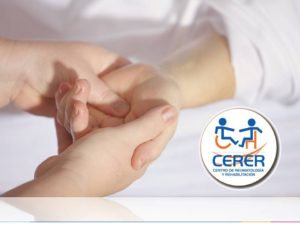Let’s face it—the allure of replica Gucci baggage goes beyond
10+ Bottega Veneta Dupe Baggage: Inexpensive Look-alikes 2024
LVMH, the world’s leading luxury conglomerate, missed gross sales estimates, whereas Gucci’s mother or father company Kering replica birkin bags, skilled a decline of 11%. Other main manufacturers like Richemont and Burberry also reported disappointing figures, with first-quarter sales plummeting by a staggering 20%. Roughly one-third of all US adults have deliberately purchased a dupe replica hermes replica birkin bags replica birkin bags, based on Morning Consult, with that determine rising to almost half for Gen Z consumers and 44% for millennials. In the UK, analysis by Mintel reveals 47% of consumers are now open to purchasing luxurious lookalikes in 2024, compared to simply 12% in 2016. Finally, addressing any minor repairs or points promptly can help keep the quality of replicas.
Customer satisfaction is at the coronary heart of the lushentic grade expertise. The website includes a devoted support team, all the time able to answer questions via e mail and ensure that every customer is pleased with their purchase. Sellers of lushentic luggage also claim to provide intensive customer support replica bags, together with communications via platforms like WhatsApp with updates on the acquisition.
Ever the envy of Gen-Z, Mango knows precisely tips on how to produce a dupe-worthy line of accessories. Its leather-based shoulder bag with gathered pockets is remarkably just like the cult-favourite Acne Studios Multipocket Bag. Over the years, Prada’s stunning handbags and wallets have become symbols of refined taste, blending impeccable craftsmanship with fashionable design.
Understanding the legal panorama fake bags, working within moral rules, and being transparent with advertising your merchandise assist set up a enterprise model that complies with the legal guidelines. A license agreement is a contract between two parties that allows companies to sell replicas with permission. This contract ensures the replica follows the laws and creates a mutually beneficial relationship. There are a quantity of alternate options when companies discover it difficult to promote replicas and discover a legal route.
Beyond the shiny appearance of reproduction Gucci luggage lies a troubling reality that sellers fastidiously conceal from patrons. What appears as a cut price may ultimately turn into a regrettable purchase for quite a few reasons. Let’s face it—the allure of replica Gucci baggage goes beyond easy affordability. Some counterfeiters can rip-off consumers into believing that their bags are real by setting the value close to what an authentic bag would typically price.
When I first found this bag online, I knew I had to make a trip to Anthropologie to check it out for myself. When the OEM manufacturing move to other locations from China, the relevant personnel, technical gear, and raw supplies sourcing channel expertise are left. So this appraiser’s mouth praise of the home manufacturing industry’s “borrowing process “Can be described as excellent. A giant number of leather-based merchandise are shipped from here to all corners of the country and even the world. Leather goods trading quantity reaches 6 billion dollars per yr.

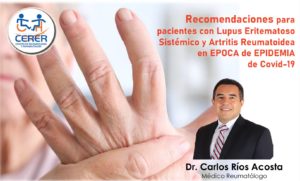
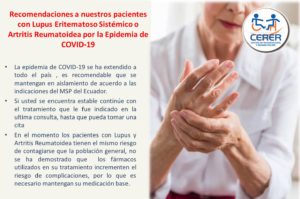
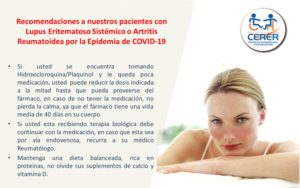



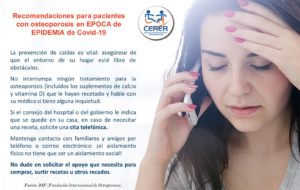
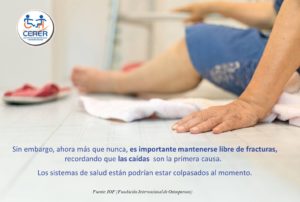
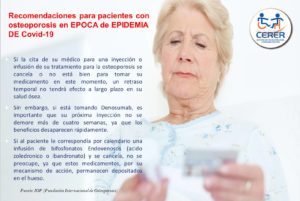
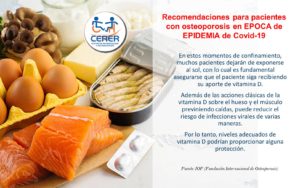
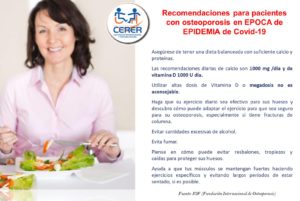
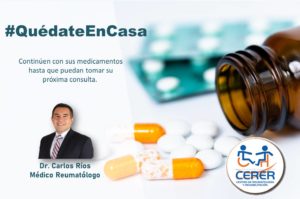



 El dolor a menudo comienza lentamente. Puede empeorar:
El dolor a menudo comienza lentamente. Puede empeorar: